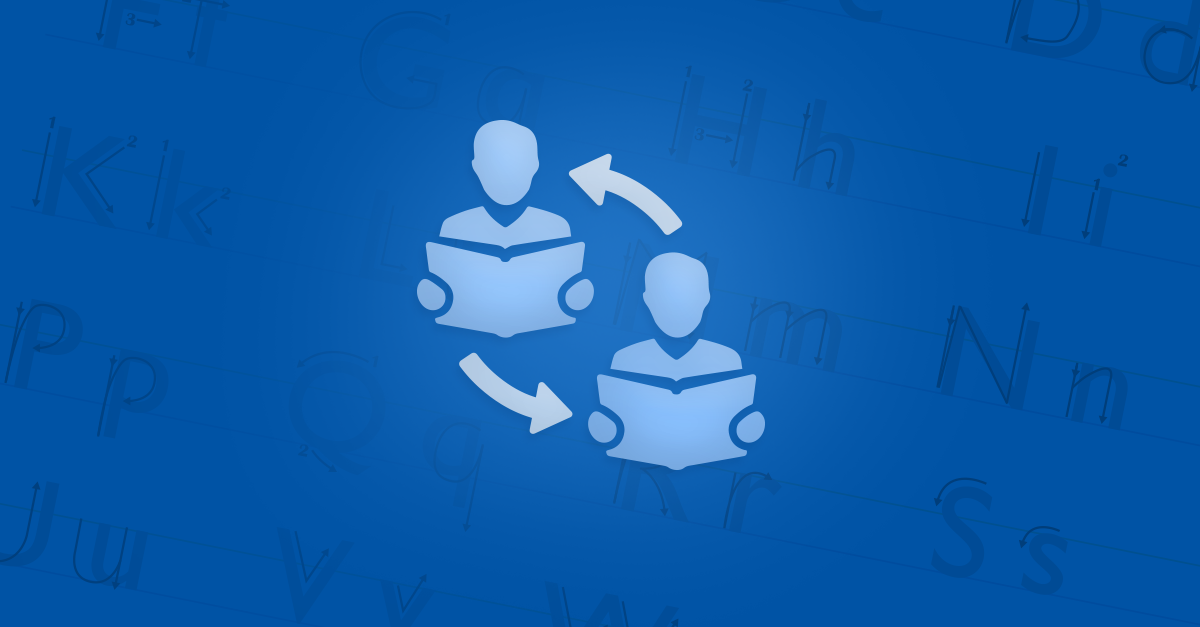What Does Spelling Mastery Look Like?

There’s a story going around our office that Steve Demme originally wanted to call Math-U-See “Piece of Cake Math.” Whether this is true or not, I think the story reflects one of the foundational principles behind Demme Learning products. We want students to become learners who are confident in their knowledge and abilities. We want them to be able to tackle appropriate learning tasks with success and efficiency. We want them to get to the point that the subject really does become a “piece of cake.” In other words, we want our students to attain mastery.
What exactly do we mean by “mastery” when it comes to learning? Think about something that is a “piece of cake” for you, maybe something like driving a car. How can you tell that you have mastered this skill? First, you don’t need any assistance to perform the task; you don’t need anyone to supervise, and you don’t need to consult a manual. You also don’t need to think through the steps (“turn the key, put the gearshift into reverse…”) but are able to perform the task automatically. Also, if you have mastered the skill of driving one type of vehicle (a sedan, for example), you are generally able to drive another type (minivan, SUV, or even a truck) with little difficulty. While drivers may have differing levels of experience or confidence, we can say they have mastered the skill of driving a car if they meet these criteria.
Now consider this idea of mastery as it relates to spelling. Someone who is a “good speller” doesn’t rely on a dictionary or spell check. Not only is he or she able to retrieve correct spellings automatically, but this person also uses correct spelling in all contexts, whether it be writing a formal report or emailing a friend. There’s probably also something you may notice about good spellers: they tend to be good with language in general. Research has shown that strong spellers are often avid readers with large vocabularies. One set of researchers explained the phenomenon this way: “the more deeply and thoroughly a student knows a word, the more likely he or she is to recognize it, spell it, define it, and use it appropriately in speech and writing.” (Source)
The conclusion that we can draw from this research is that mastery in spelling doesn’t come from memorizing lists of words or phonics rules. Instead, spelling proficiency comes from being exposed to words and interacting with them repeatedly in a variety of ways, which is the instructional approach used in Spelling You See. First, students see words in short, interesting passages so that reading and vocabulary skills can be applied. Next, students practice writing the words in context and analyze word structure through “chunking” activities. The dictation exercises at the end of the week help students develop the skill of retrieving correct spelling from memory. Commonly used words appear over and over again throughout the lessons, enabling the student to develop competence and confidence in their ability to spell them correctly.
So how will you know when a student has achieved spelling mastery? It’s similar to learning to drive a car: mastery doesn’t happen overnight, and it can be demonstrated in a variety of ways. You can see spelling mastery when your child is working in another subject and says, “I know that word! It was in my Spelling You See book!” It happens when your child asks for help less and starts spelling more words correctly in his everyday writing. It happens when your child points out a misspelling on a sign. Some parents have even reported improvement in reading and an increased interest in words in general. Spelling mastery is subtle and takes time to develop, but once you see your child growing in this important skill, you will know that he is further along on the path to becoming a lifelong learner.